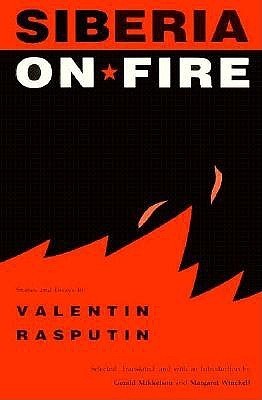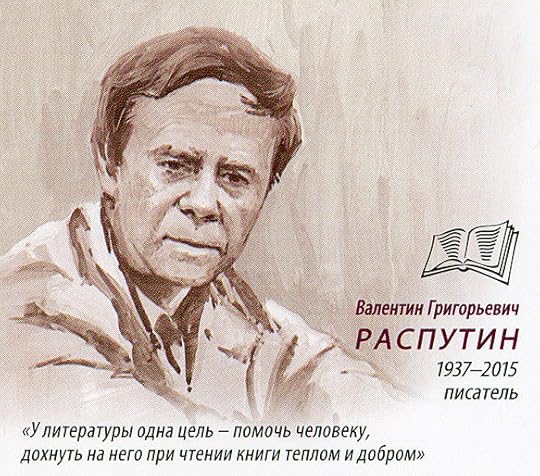What do you think?
Rate this book


252 pages, Paperback
First published October 1, 1989

"Our profession demands courage and every book is the victory of a martyr who selects each word with great pains so that conscience and truth should glow in it with a single flick of pen and fate."
Pondering life in all its twists and turns during long disjoined periods of reflection, Ivan Petrovich came to one conclusion. For a person to feel fairly good about life, he must be at home. That's right, at home. Above all else, he must be at home --not just housed somewhere but at home within himself, in his own inner domain where everything has a fixed, long-established place and purpose. Then you're at home in your house or apartment, from which you go off to work on the one hand and return to yourself on the other. And you're a home in your native land.